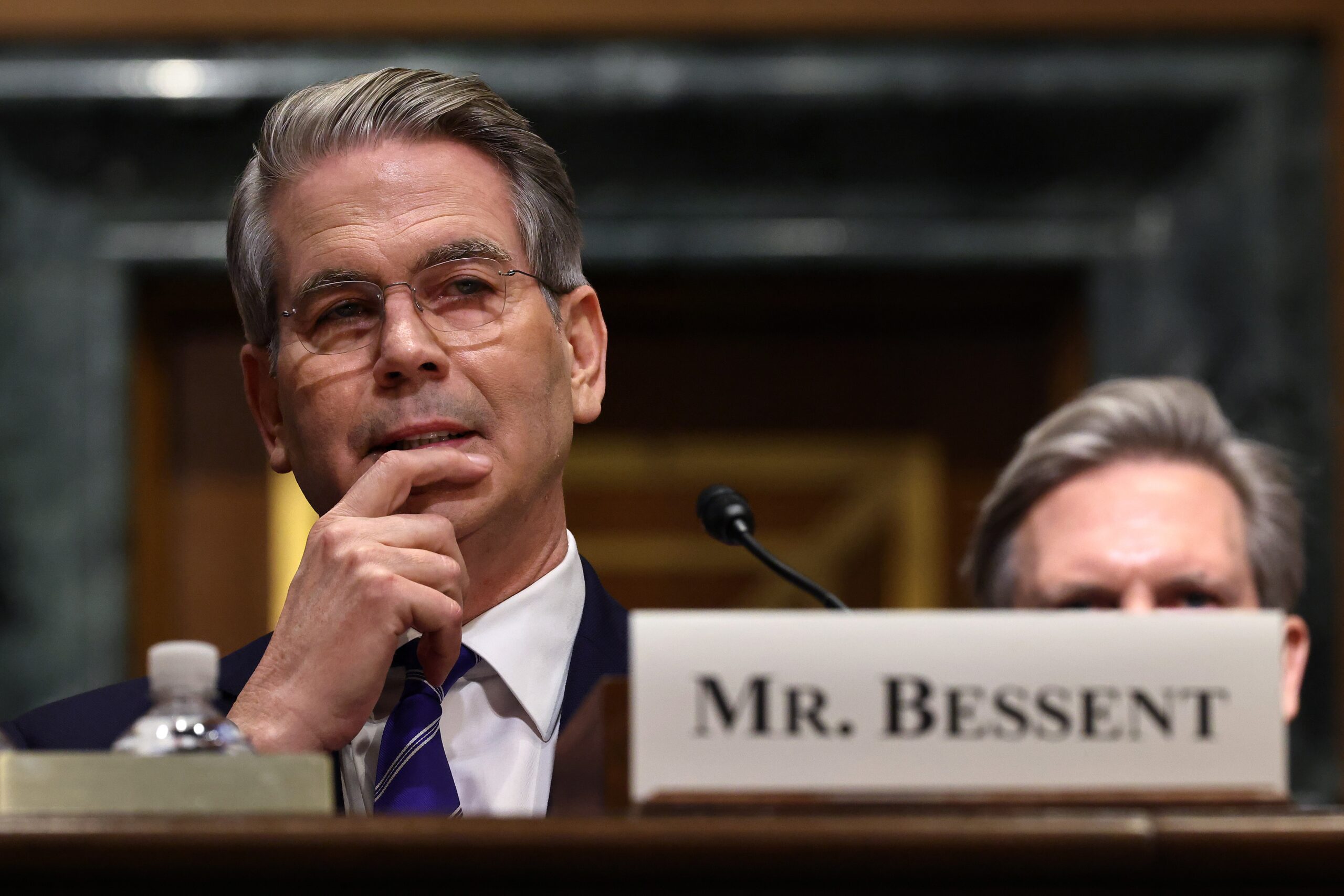
President Donald Trump announced on Tuesday that he has narrowed the field of potential candidates for the next Federal Reserve chair to four individuals. Speaking in an interview with CNBC, Trump revealed that Treasury Secretary Scott Bessent, who had been considered a leading contender, is no longer in the running.
“Well, I love Scott, but he wants to stay where he is,” Trump said during the “Squawk Box” interview. “I asked him just last night, ‘Is this something you want?’ [Bessent said], ’Nope, I want to stay where I am. He actually said, ‘I want to work with you.’ It’s such an honor. I said, ‘That’s very nice. I appreciate that.’”
A Surprise Resignation and Key Candidates
The announcement comes after Fed Governor Adriana Kugler’s unexpected resignation last Friday, effective immediately. This move gives Trump the opportunity to appoint another member to the Fed Board of Governors as the White House continues to pressure the central bank to lower interest rates.
Trump praised Kugler’s resignation as a “pleasant surprise.” While he did not name the four finalists, he did mention several individuals who are considered likely candidates. Among the likely contenders are former Governor Kevin Warsh, Kevin Hassett, the National Economic Council director and a key Trump advisor, and Fed Governor Christopher Waller. Trump noted that “Both Kevins are very good, and there are other people that are very good, too.” Both Warsh and Hassett have publicly advocated for lower interest rates.
The Future of the Fed’s Leadership
Current Fed Chair Jerome Powell’s term is set to expire in May 2026. Powell has been a frequent target of Trump’s criticism, and there has been speculation that the President might name a “shadow chair” to undermine Powell until his term expires. Trump did not rule out this possibility.
Trump had originally nominated Powell for the Fed job in 2017. He alleged on Tuesday that Powell had promised him, “Sir, I’ll keep interest rates so low. I’m a low interest rate person.”
The Fed’s benchmark interest rate was recently held steady in a range between 4.25%-4.5%. Markets are anticipating the next rate cut to be approved in September. The central bank previously lowered its policy rate by a full percentage point from September to December 2024, a series of moves that Trump has suggested were politically motivated to benefit Democratic presidential nominee Kamala Harris.
What The Author Thinks
President Trump’s public commentary on the search for a new Fed chair and his aggressive push for lower interest rates are a stark reminder of the ongoing politicization of the central bank. While a president’s desire to influence economic policy is not new, the open speculation about a “shadow chair” and public critiques of the Fed’s independence are unprecedented. This approach risks undermining the very credibility and nonpartisan nature that the Federal Reserve was designed to embody. The market’s expectation of a rate cut in September, combined with Trump’s public pressure, suggests a future where monetary policy may be increasingly dictated by political cycles rather than economic data, which could have serious long-term consequences for financial stability.
Featured image credit: NPR
For more stories like it, click the +Follow button at the top of this page to follow us.
